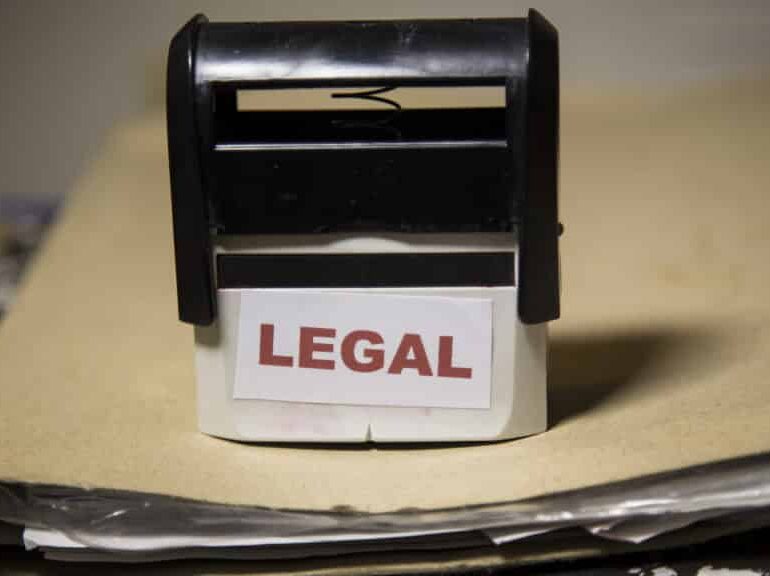
Record Shows Supreme Court Overwhelmingly Protects Federal Power
By: TJ Martinell
One of the most prevalent political strategies is to sue and hope federal courts rein in unconstitutional federal overreach. But evidence shows it almost never turns out that way. While some justices and Supreme Court opinions have restricted federal power over the years, in most cases, SCOTUS protects and institutionalizes federal power.
Keith E. Whittington recently released a book titled Repugnant Laws: Judicial Review of Acts of Congress from the Founding to the Present. He includes data on 1,308 SCOTUS cases in which the high court addressed federal authority over a certain matter. It reveals this disconnect between the Republican “sue in federal court” strategy and actual SCOTUS actions.
The federal government was intended to exercise “few and defined” powers, as James Madison put it in Federalist Paper #45.
“The powers delegated by the proposed Constitution to the federal government are few and defined. Those which are to remain in the State governments are numerous and indefinite. The former will be exercised principally on external objects, as war, peace, negotiation, and foreign commerce; with which last the power of taxation will, for the most part, be connected. The powers reserved to the several States will extend to all the objects which, in the ordinary course of affairs, concern the lives, liberties, and properties of the people, and the internal order, improvement, and prosperity of the State. The operations of the federal government will be most extensive and important in times of war and danger; those of the State governments, in times of peace and security.”
The Tenth Amendment makes it clear that powers not explicitly given to the feds would be retained by the states or the people.
The U.S. government has clearly drifted a million miles from this proposed system. Republicans seem to think the Courts provide the path to bring us back.
Yet, Whittington’s database reveals that the High Court sided with the feds in nearly 75 percent of all cases. The largest cluster of rulings against the federal government came in the 1930s. SCOTUS ruled against the feds in 18 of 34 cases between 1934-36. However, the Court found consistently in favor of federal authority in ALL cases from late 1936 to early 1939. A similar streak occurred from February 1939 to June 1943. Again, SCOTUS came down on the side of federal authority in EVERY case.
Incidentally, one of the Supreme Court’s longest anti-federal powers streaks came more recently, with the Court rendering opinions against the feds in 22 of 40 cases between 2007-2016.
However, it is important to keep in mind that these numbers only reflect cases the Court actually took up. The number has varied over time, but in recent years, SCOTUS has received more than 10,000 annual requests to hear cases. It only takes up roughly 80 per year.
As Tenth Amendment Center Founder Michael Boldin has pointed out, it’s statistically impossible to restore the Constitution through the courts. Even if the Court took up every case of federal overreach, the database shows that it has a track record of doing the opposite. In both the theoretical and real world, the strategy doesn’t work.
Of course, this should not surprise us. While SCOTUS is a separate branch of the federal government, it is still part of the federal government. Occasionally the three branches check and balance each other. But all too often, they permit the other branches to violate the Constitution provided that their own violations are left unspoken. That includes Obamacare and Deep State surveillance programs.
Anti-federalist Brutus warned in 1788 that the courts could “mold the government into almost any shape they please” regardless of what restrictions the Constitution imposed.
Having a handful of people come in and solve a lot of problems all at once sounds appealing, but it’s neither practical nor what Founders like Madison or Thomas Jefferson advocated. They rightfully understood that the best hope for preserving the Constitution was nullification and anti-commandeering, neither of which require the cooperation of the feds or “electing the right people to office.”
They based their strategy on sound judgment and wisdom. Now we have the data to back them up.